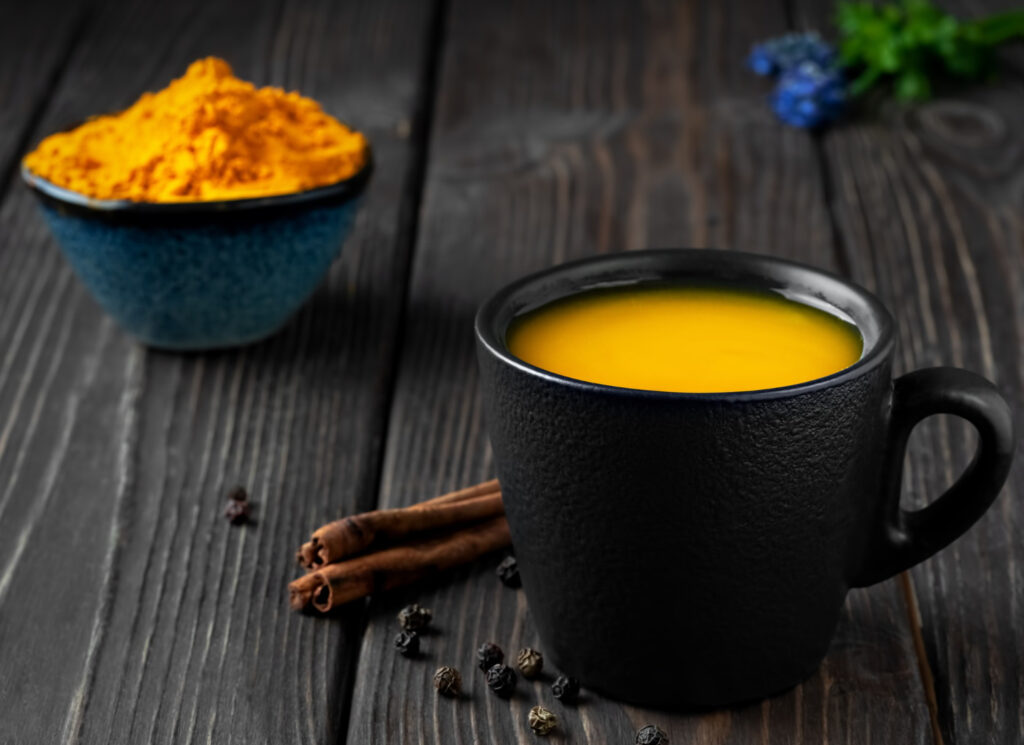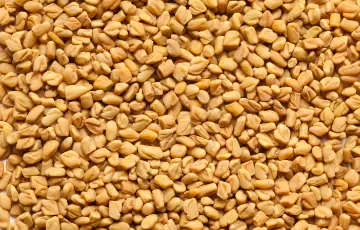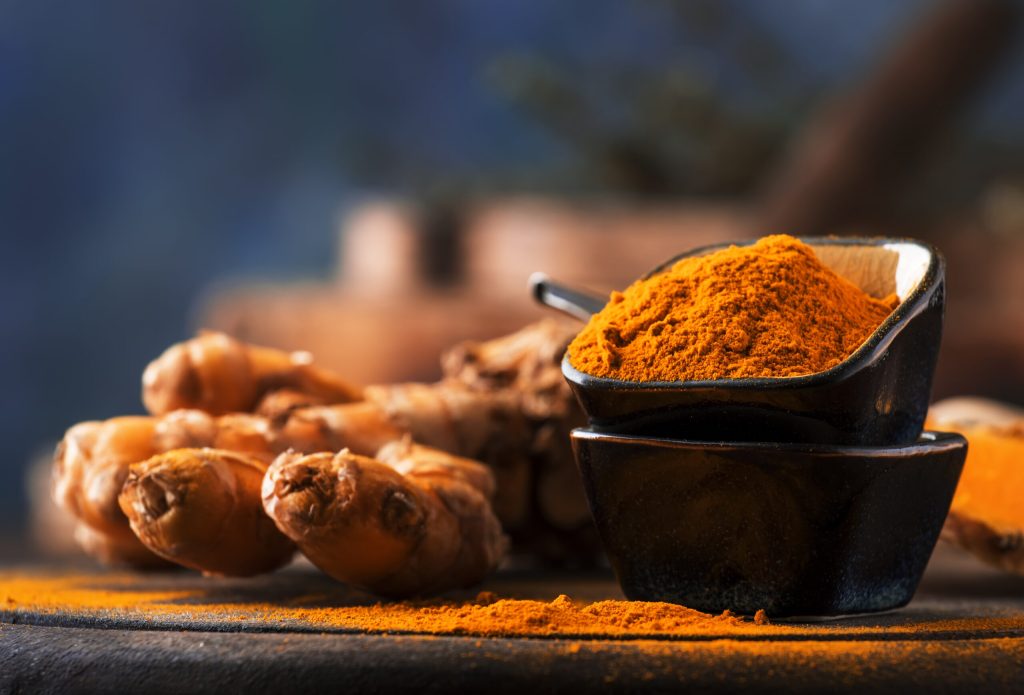Turmeric is a spice derived from the root of the turmeric plant, a perennial plant in the ginger family. Its main active ingredient is curcumin. Its treasure lies in the medical uses of turmeric. Curcumin has antioxidant and anti-inflammatory properties. Whereas, Turmeric root extract/Curcumin extract is one of the main healing agents of Ayurveda and has been recognized as a valuable ingredient for centuries. Essentially procured from turmeric, curcumin extracts are commonly found in warmer regions of the planet, such as India, the United States, China, and Southeast Asia. Uses of Turmeric: Traditional Turmeric Uses 1. Turmeric is put to use in families for dealing with cough, anorexia, dysentery, stomach pain, breathing ailments, and dental disorders. 2. It is likewise used for fixing gastrointestinal issues like liver disease, ulcers, and flatulence. 3. Freshly organized turmeric paste is utilized in a perineal laceration to facilitate wound recuperation after the delivery. 4. The turmeric paste is an outstanding antiseptic, and this is why it’s implemented in the umbilical cord of newly born babies. 5. It is understood that turmeric paste is applied to the pores and skin during eye infections, burns, and bites. 6. The mixture of turmeric and neem may be powerful in coping with chickenpox, smallpox, and measles (rubella). Therapeutic / Medical Uses of Turmeric 1. The consumption of turmeric and its merchandise can enhance cortisone production in adrenal glands, lowering irritation with the aid of lowering the histamine level. 2. Turmeric performs an essential role in lowering platelet aggregation, which improves blood flow and protects in opposition to atherosclerosis. 3. Turmeric use can also permit detoxification of the body and complements liver health. General Uses of Turmeric 1. Sometimes turmeric is used with the hope of relieving the signs and symptoms of hay fever, as well as sneezing, itching, anda runny and stuffy nose. 2. Turmeric also helps against depression 3. Can help with high cholesterol or different fats (lipids) in the blood (hyperlipidemia). 4. Lowers blood levels of fats called triglycerides 5. Turmeric may work as well as ibuprofen for pain relief 6. Medical uses of turmeric include using turmeric paste also to help cope with injuries for instant relief, etc. Health Benefits of Turmeric: 1. It is an anti-inflammatory: Not only does turmeric reduce existing inflammation, but it can also prevent your body from producing inflammatory chemicals in the first place, almost the same way over-the-counter pain relievers work. The body’s inflammatory response is designed to protect people from harm and keep them safe, but that response sometimes becomes excessive. Turmeric’s key component, curcumin, interacts with many inflammatory molecules to reduce excessive or chronic inflammation. Early research indicates that curcumin can reduce inflammatory conditions, such as stomach pain, arthritis, and pancreatitis. 2. It aids in digestion: The benefits of turmeric are known to aid in digestion. This compound is especially beneficial for digestive disorders such as bloating, gas, and inflammatory bowel disease, due to its anti-inflammatory properties. 3. Anti-cancer properties have been observed: Some studies show that turmeric may contain anti-cancer properties that can stand against breast, bowel, stomach, and skin cancer cells. Laboratory research in this area is limited; however, it does not replace your usual cancer treatments. Routine screening tests, such as mammograms, Pap tests, and colonoscopy, should be performed, as taking herbal supplements is unlikely to eliminate cancer. 4. Lowers risk of heart disease: With its potential to assist in lessening infection and oxidation, turmeric should decrease the risk of coronary heart disease. Studies display that the use of turmeric might also assist the coronary heart disorder process. Turmeric can additionally be useful when used together with a medicinal alternative for dealing with cholesterol levels. 5. It may help prevent Alzheimer’s: Turmeric may help prevent or slow the progression of Alzheimer’s. The incidence of Alzheimer’s in India is relatively low, which may be related to the average daily intake of 125 mg of turmeric curcumin by the Indian population. In addition, turmeric may act as a neuroprotective agent in managing Alzheimer’s. This reduction in Alzheimer’s is distorted by a radically different diet of low processed foods and low meat consumption. 6. It eases symptoms of arthritis: Turmeric’s anti-inflammatory properties have been shown to help fight rheumatoid arthritis, joint pain, and osteoarthritis. Although more clinical trials are needed to determine the specific effects of curcumin supplements for arthritis, early studies indicate that turmeric may provide similar results to NSAID therapies for arthritis. 7. It aids in liver function: Using turmeric can improve liver function, enhance detoxification, and reduce liver disorders. Curcumin has been shown to limit liver damage caused by iron overdose, cirrhosis, ethanol, and carbon tetrachloride. 8. It could manage erectile dysfunction: The benefits of using turmeric for men include its ability to help manage erectile dysfunction. Since turmeric is a potent anti-inflammatory, it could theoretically help support erectile dysfunction caused by inflammation. 9. It helps with weight loss: Curcumin consumption seems to reduce body mass index (BMI), weight, waist circumference, and leptin levels. It was concluded that turmeric root extract/curcumin could be used as an effective supplement for the management of metabolic syndrome, which was estimated to affect around 20% of people around the globe in 2017. Precautions While Using Turmeric – Pregnant ladies have to look for advice from medical doctors earlier than taking any turmeric dietary supplements, considering it is far certain whether or not their consumption affects pregnant and breastfeeding. – In case one suffers from Haemophilia should consult medical doctors as turmeric has proven to react with blood elements, which possibly can slow down blood clotting. – The consumption of turmeric in diabetic situations can sometimes also lead to a sharp drop in blood sugar levels. TAKEAWAYS If you are wondering, “What does turmeric do?” the answer is almost all. It is important to note that turmeric supplements are not a cure for chronic diseases or conditions. But turmeric curcumin’s unique medicinal properties have shown significant health benefits, along with the uses of turmeric in modern natural medicines.













